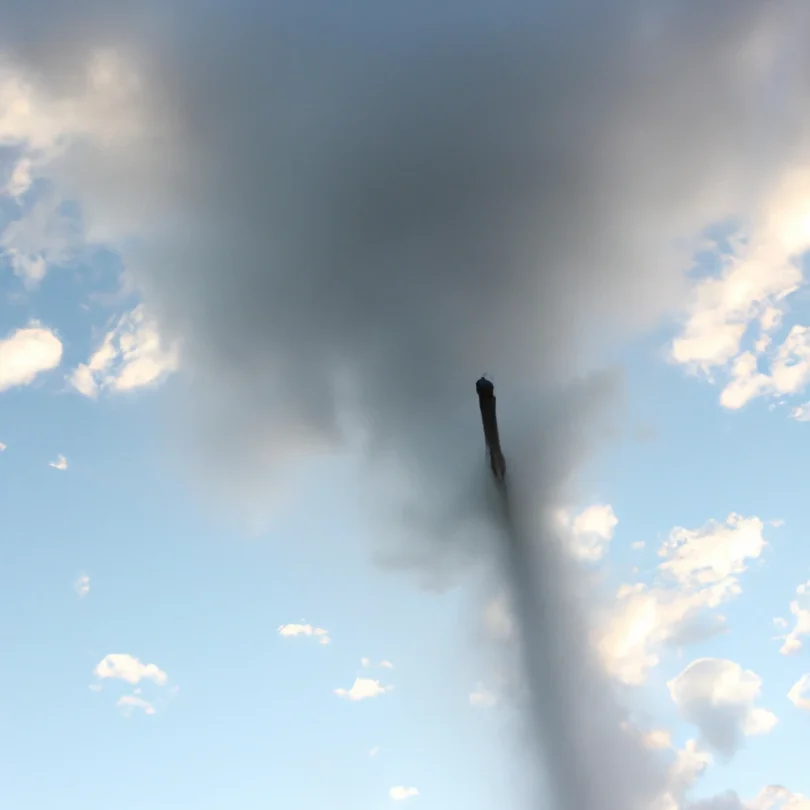In a master class at VU Amsterdam, climate expert Sir David King discussed two unconventional solutions for climate repair: artificial whale poo and cloud machines. While innovative, these ideas have been met with skepticism from some who question their viability and potential unintended consequences. This article takes a closer look at King’s proposed solutions and considers the potential risks associated with large-scale environmental engineering efforts.
King outlined a three-pronged strategy to combat climate change: reduce emissions, remove greenhouse gases from the atmosphere, and refreeze the polar regions. While reducing emissions is critical, King argued that removing greenhouse gases and refreezing the poles could buy time for more systemic change.
One proposed solution is the creation of artificial whale poo to stimulate phytoplankton growth, which would increase the amount of CO2 absorbed by the oceans. Although King’s explanation might make the idea sound ingenious, there are concerns about the unknown effects of introducing artificial substances into the oceans. Additionally, examples from history demonstrate the potential for unforeseen consequences when humans interfere with natural ecosystems.
Take, for instance, the introduction of non-native species, such as the cane toad in Australia. This species was brought in to control beetle populations, but instead became a pest itself, causing harm to native species and ecosystems. This example highlights the potential pitfalls of well-intentioned but ultimately misguided environmental interventions.
King’s second proposal involves the creation of cloud machines in the Arctic to block sunlight and reduce temperatures. While this approach could theoretically help to slow down ice melting, there are concerns about the possible side effects and the long-term viability of such a strategy. Manipulating the climate on a large scale is an inherently risky endeavor, as the complexity of natural systems often leads to unexpected outcomes.
In conclusion, Sir David King’s ideas for combating climate change are undoubtedly innovative, but they also highlight the potential risks and uncertainties of attempting to engineer large-scale environmental solutions. A more prudent approach may involve focusing on tried-and-tested methods for reducing emissions and preserving existing ecosystems, rather than relying on speculative and potentially dangerous interventions.







